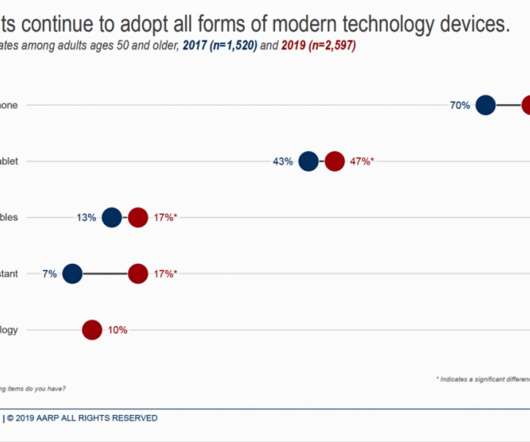Healthcare Information In-Security Is the New Normal
Health Populi
APRIL 30, 2018
Three-fourths of healthcare providers experienced a data breach in 2017, according to the HIMSS 2018 Cybersecurity Survey. Health data insecurity is the new normal. I explain th e current state of cybersecurity and health data insecurity in a new HIMSS blog linked here. You can read the full HIMSS blog here.













Let's personalize your content